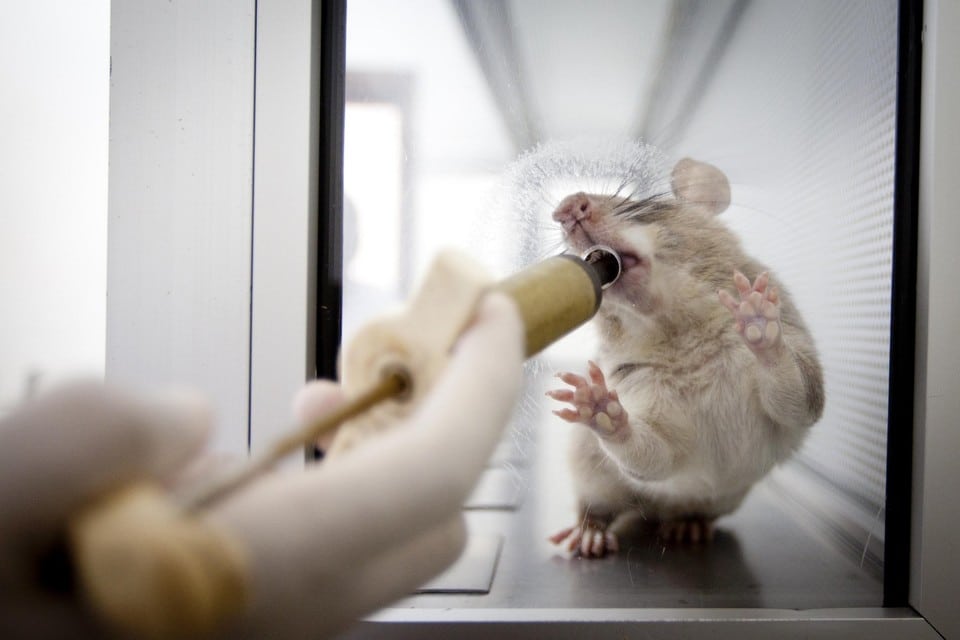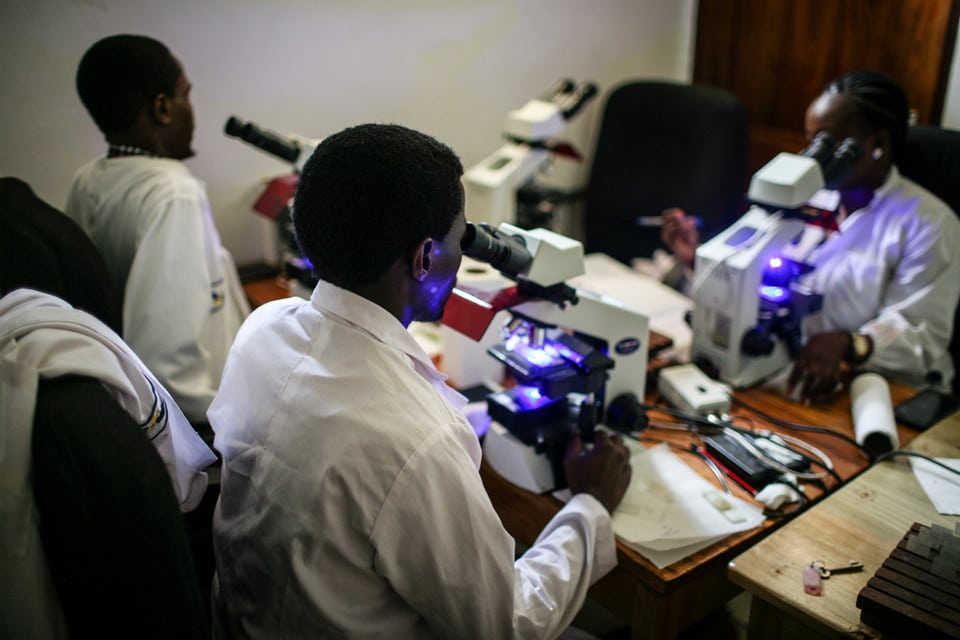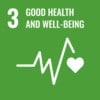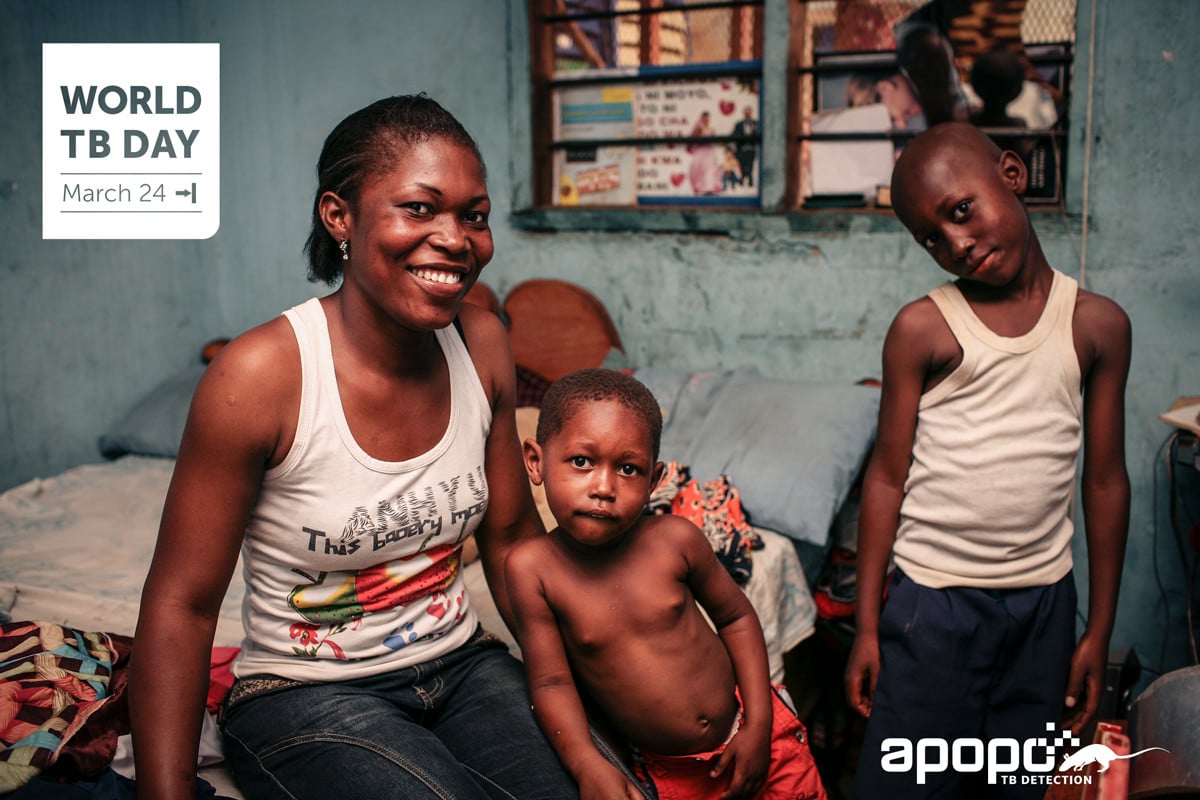
World Tuberculosis Day 2021
The Stop TB Partnership announced that “12 months of COVID-19 eliminated 12 years of progress in the global fight against tuberculosis”. They shared new data showing that nine of the countries with the most tuberculosis (TB) cases saw drastic declines in TB case detection in 2020, bringing the overall number of people diagnosed and treated for TB in those countries to 2008 levels, a setback of 12 years.
How is it that the emergence of a new respiratory disease has such an impact on the ‘old’ respiratory disease TB with its established control programs and a global goal to eliminate TB? The reasons are multifold, essential TB services have been impacted by a shift of resources (lab capacity, workforce, and budgets) from TB to the COVID-19 response. Patients with signs and symptoms face new barriers in accessing health care because of movement restrictions, fear of contagion, and stigma. The economic impact of COVID-19 might have already reduced household income, worsening the problem of undernutrition. This can make people even more vulnerable to TB.

HeroRAT Pink receives a tasty food treat for correctly indicating on a TB-positive sputum sample.
APOPO researches rapid testing using TB-detection rats: one rat can screen 100 samples in just 20 minutes. We use the rats to re-evaluating human sputum samples delivered from partner clinics. A sample indicated positive by a rat undergoes confirmation testing with internationally approved tests before the result is returned to the clinic.
Despite the global impact of COVID-19, APOPO is proud to have maintained its TB detection and linkage-to-care services without any interruption in Tanzania, Mozambique, and Ethiopia over the past year. In 2020, we screened samples from over 48,000 patients with signs or symptoms of TB across sites. This means fewer patients accessed partnering health centres and benefited from APOPO’s enhanced case finding compared to 2019, when APOPO evaluated 63,341 patients for TB. Yet, in 2020 APOPO increased its partner clinics’ case detection by an impressive 48% and diagnosed over 2,200 new TB-patients which comes close to the 2,516 new cases found in 2019 prior to the WHO declaring COVID-19 a public health emergency.

All rat-indicated samples are confirmed for tuberculosis in APOPO’s lab before notifying the clinic.
APOPO focused on supporting our partners and the communities we serve, to combat both infectious diseases at the same time. Examples include the delivery of sanitizer and protective gear to Ethiopian prisons and raising grant support from the Government of Flanders to support the health authorities in Maputo with COVID-19 detection. APOPO’s TB Detection research promotes the UN’s Sustainable Development Goals:

As the global fight against COVID-19 continues, local TB services, the national and international TB control efforts will continue to be impacted. This makes this year’s World TB Day extremely important to let numbers talk – not only in 2020, but every year about 10 million new people fall ill with TB, every year more than 1 million die of TB. We must listen to TB patients, survivors and their families. Despite TB being considered a “slow” disease, the clock is most definitely ticking. Every day of reduced TB detection rates and compromised services represents a bill to pay back in the next months and years. APOPO joins the call for keeping TB high on the agenda, increasing investments and promoting integrated approaches to tackling TB and COVID-19.
APOPO thanks the health authorities and funding partners across the countries in which it works for their continued support.
Photos © Marten Boersema/APOPO

